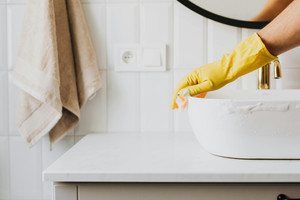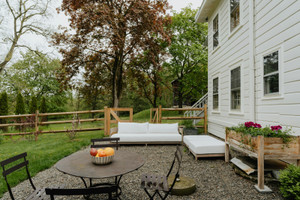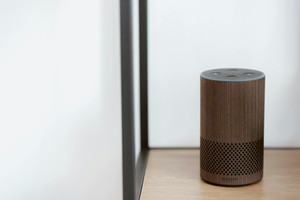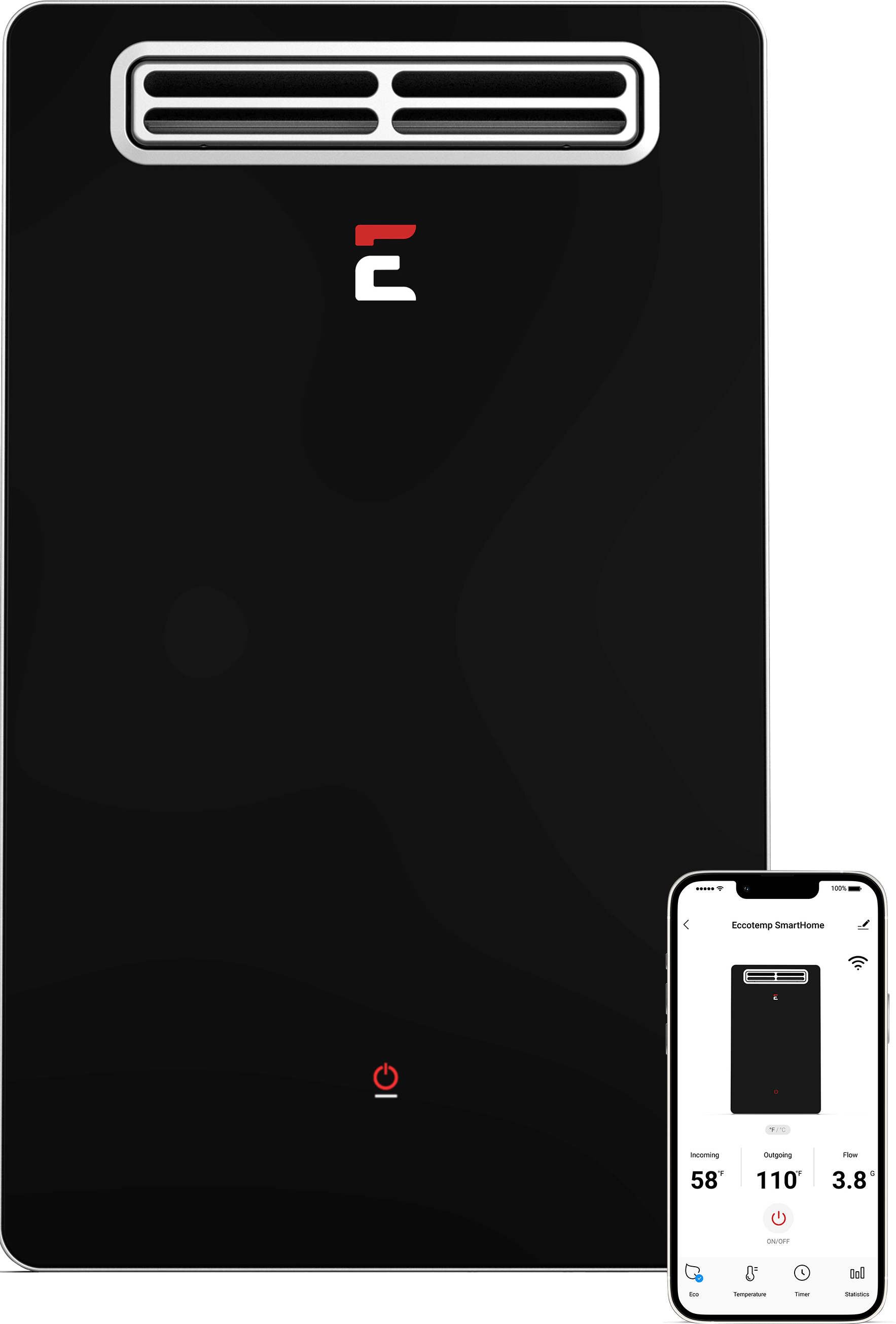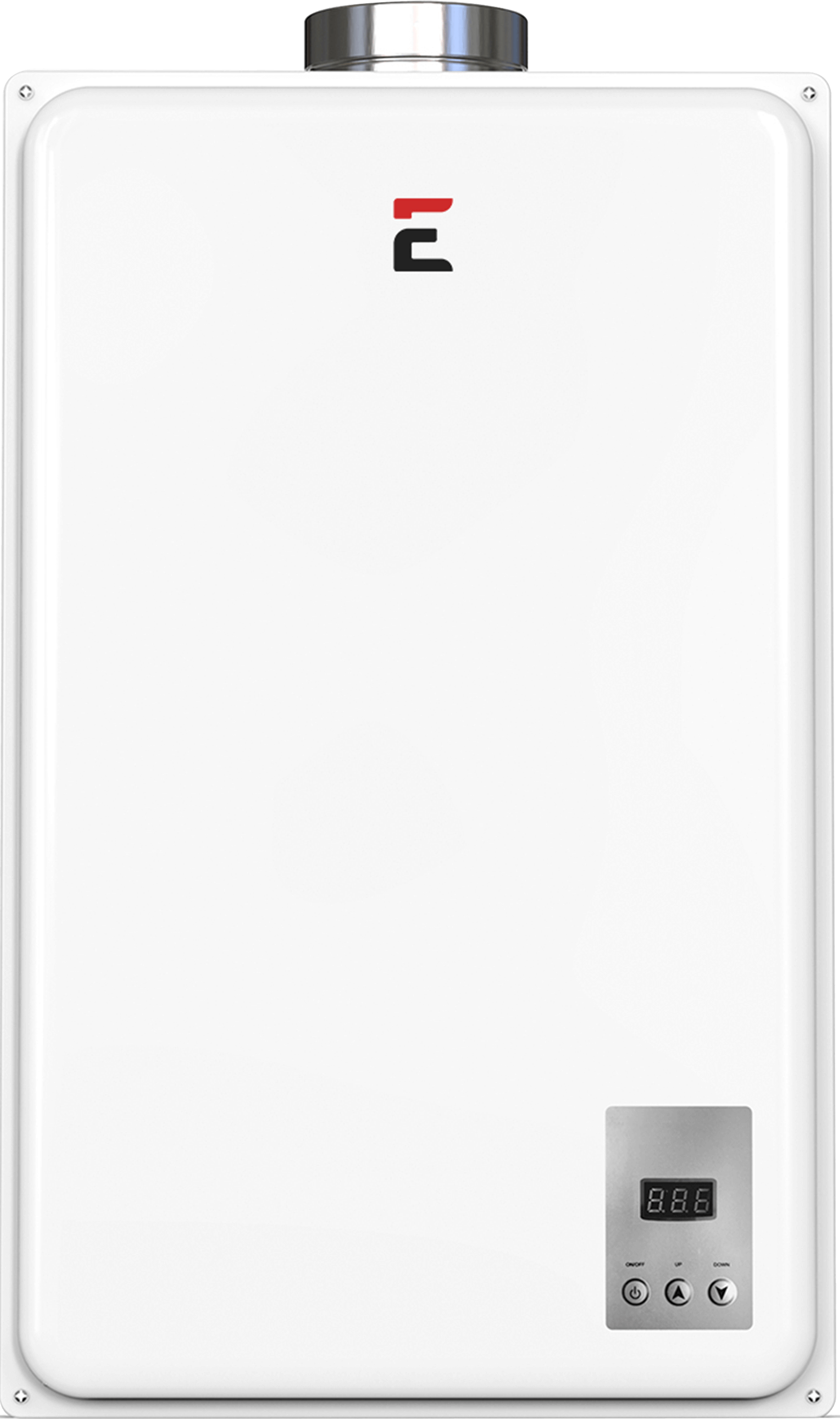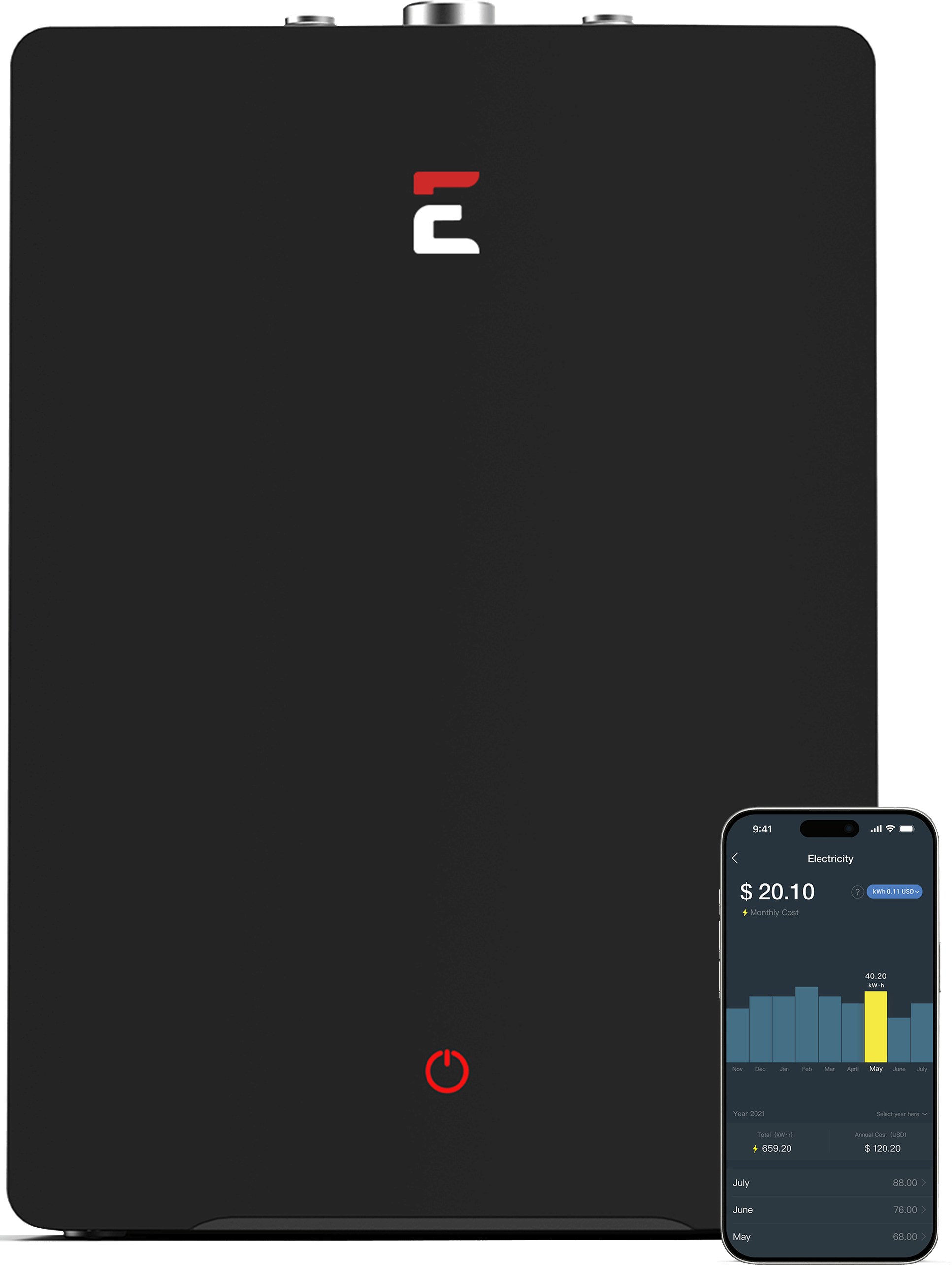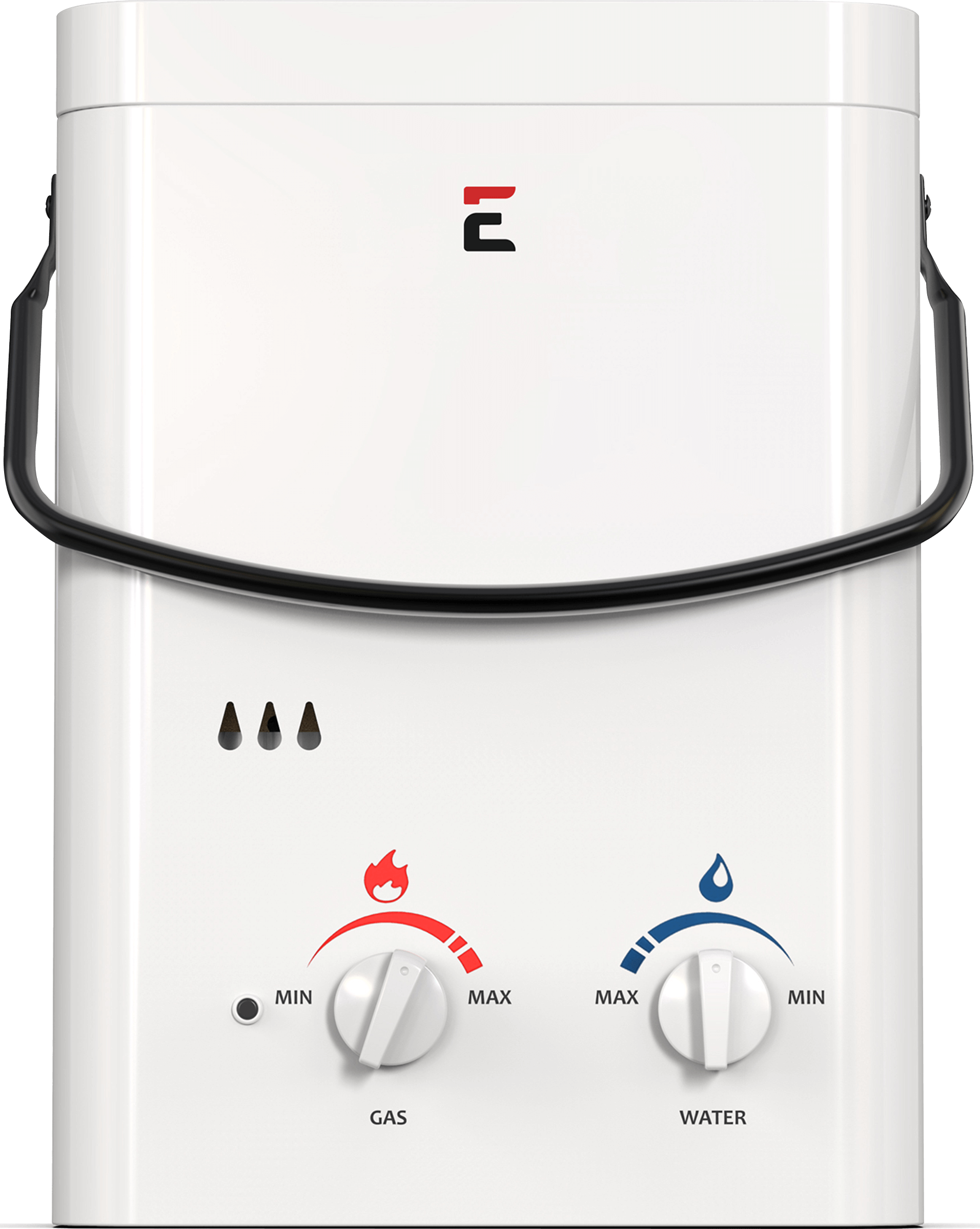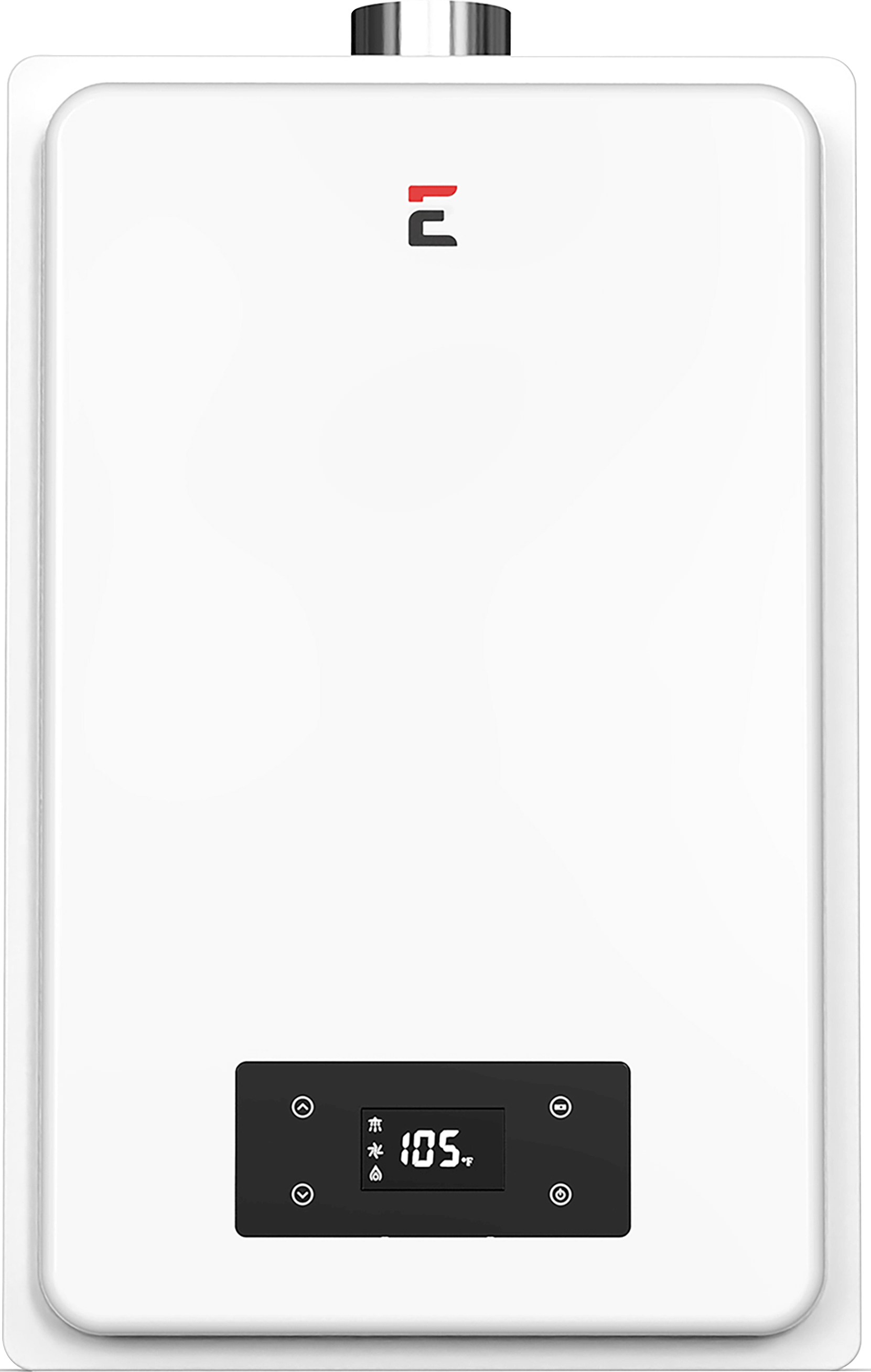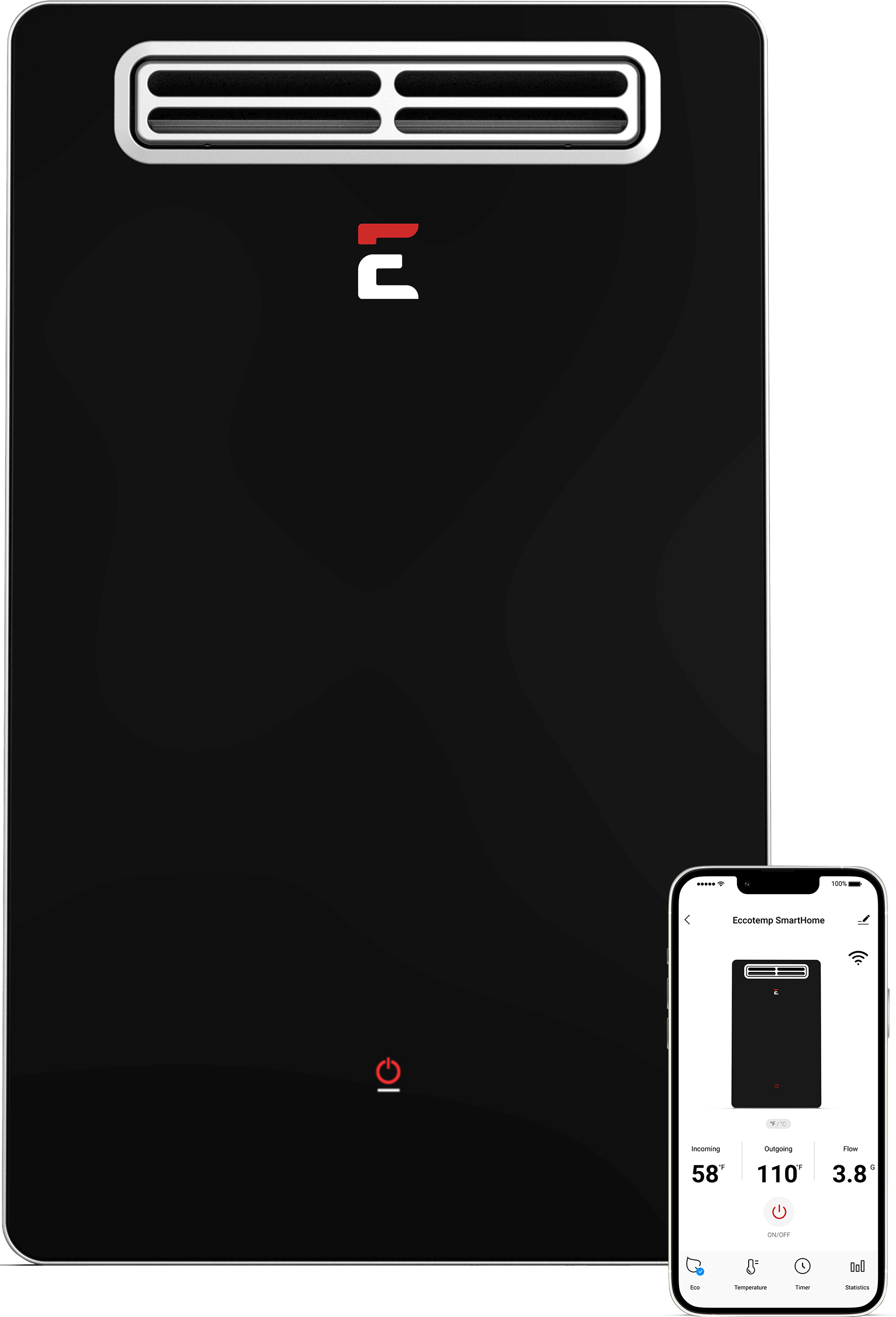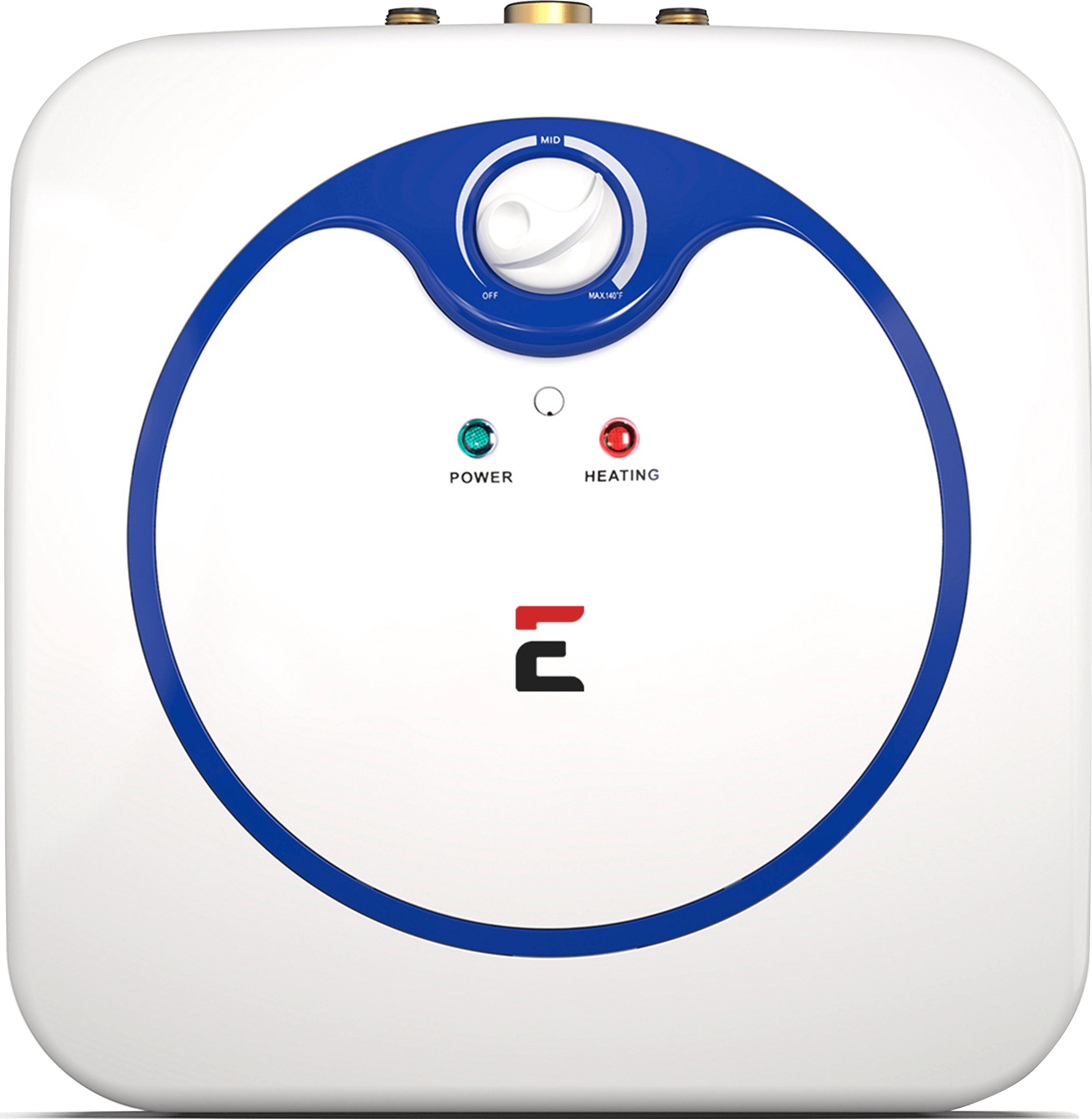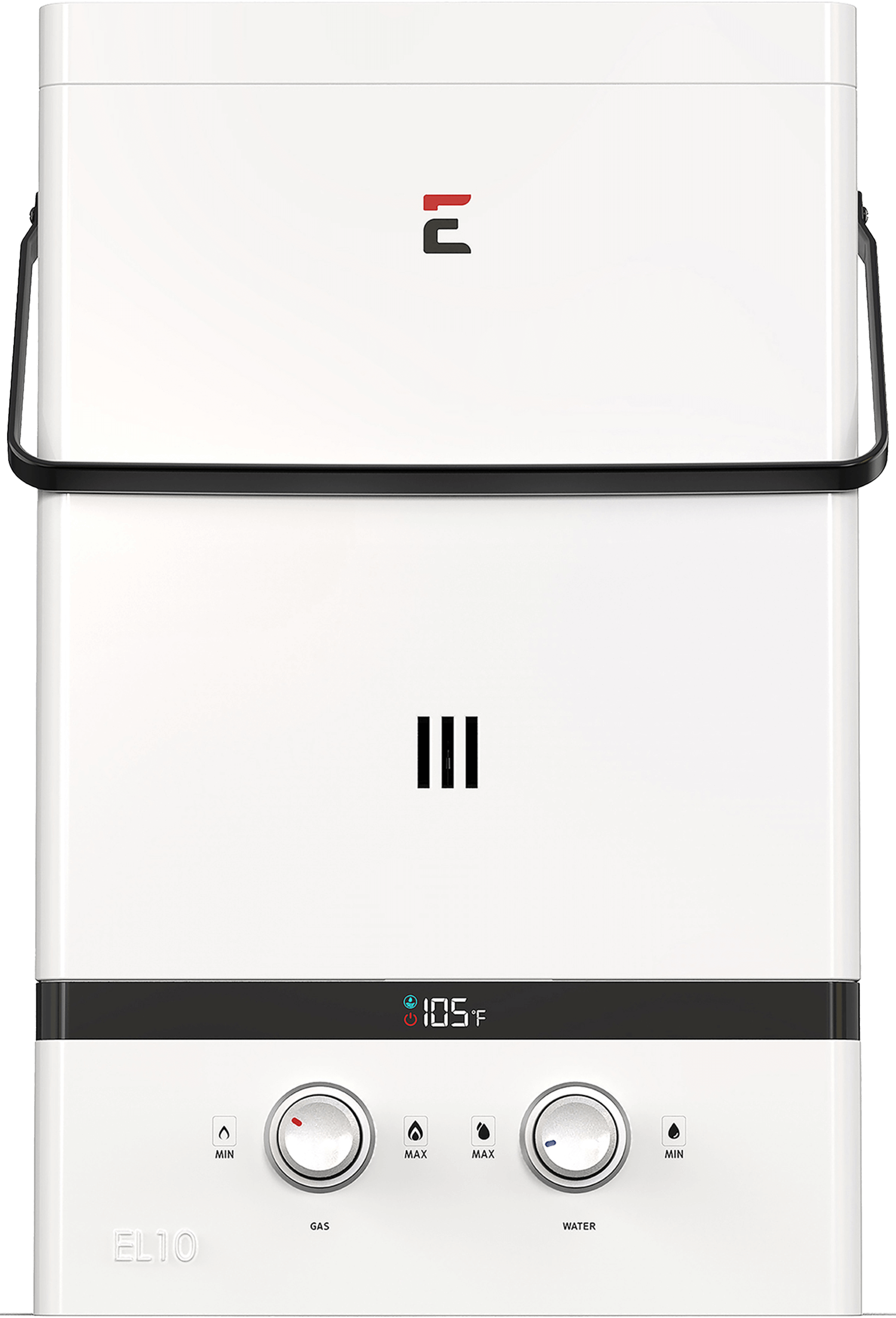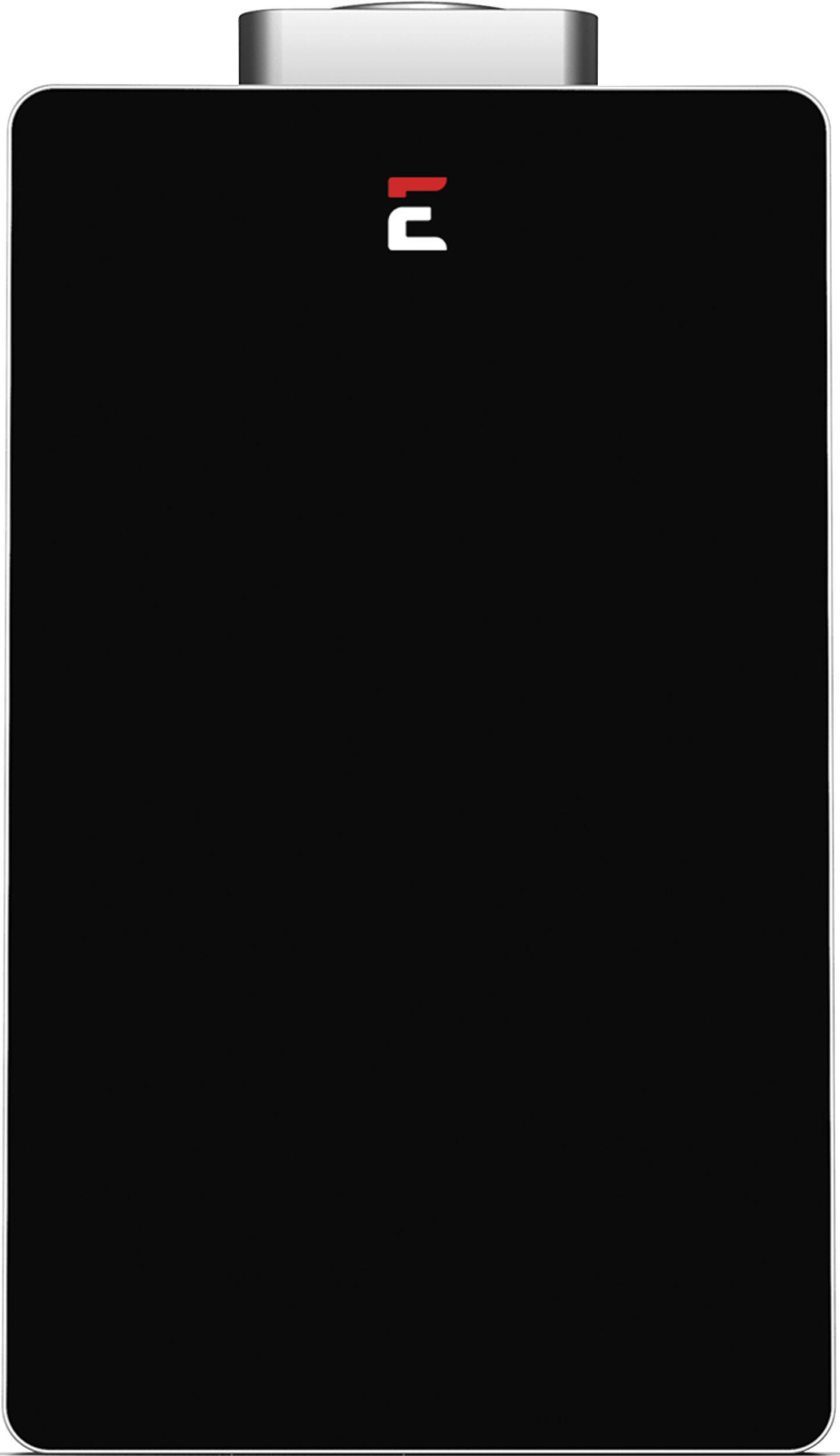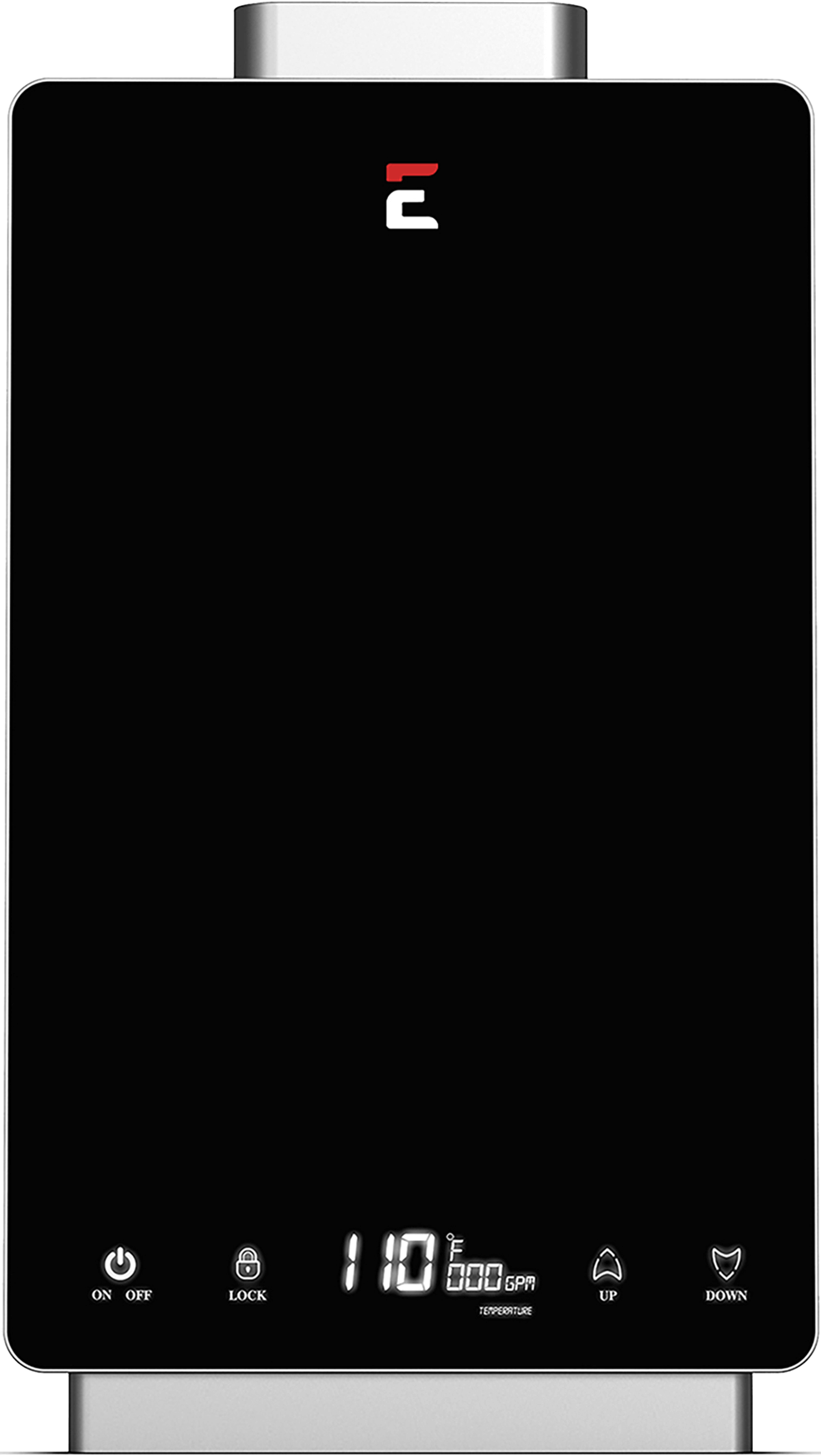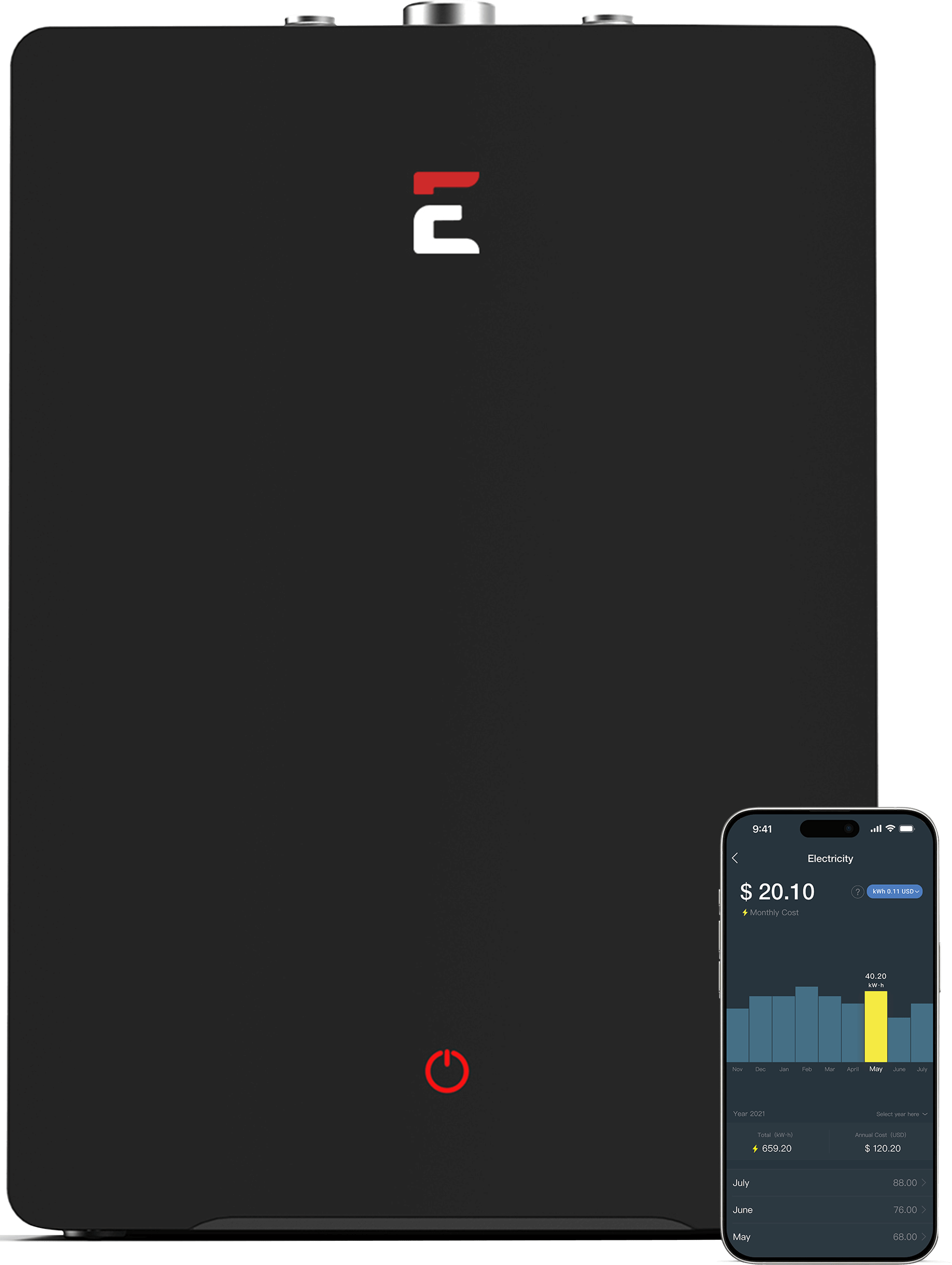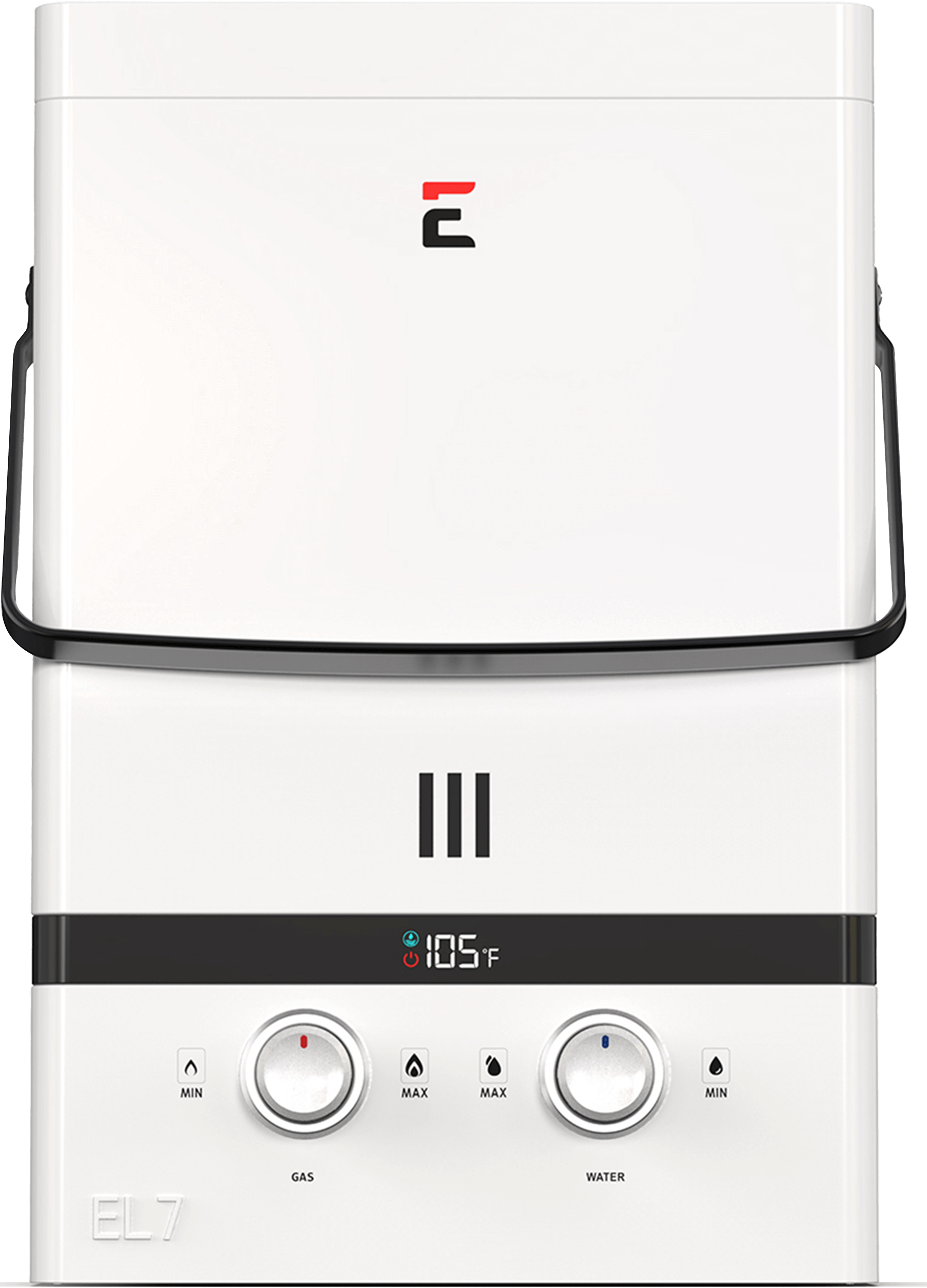Water Heater Safety 101: Protect Your Home and Family
Fires caused by water heaters make the news regularly. Recently a water heater fire in a Lexington, Kentucky apartment buildingdisplaced 10 people. Fortunately, no one was injured, but in other such instances devastating home damage and injury have occurred. Most of us take our water heaters for granted; if you receive hot water when you turn on the faucet, it's easy to assume your water heater is working properly. However, it's important to take the time to regularly inspect your water heater and employ these water heater safety tips to keep your home and family safe!
1. Set the Temperature to 130 Degrees Fahrenheit.
By setting the temperature at or around 130 degrees Fahrenheit, you reduce the risk of scalding. Additionally, higher temperatures not only encourage sediment build up but can also waste energy if you have a traditional tank water heater, rather than a tankless water heater. If you have infants or small children in your home,120 degrees Fahrenheit is the recommended setting. Avoid setting the temperature any lower, as this creates an ideal environment for bacteria to grow in your water heater.
2. Ventilate Properly.
Without proper ventilation, carbon monoxide and other fumes can drift back into your home instead of being expelled. A properly vented water heater should have a vent that goes straight out, without any drips, and the vent should be the same diameter as the draft diverter.
3. Prepare for Disaster.
Earthquakes and other natural disasters can cause severe damage to your water heater. By strapping your water heater to the wall you can prevent it from falling over, which can sever a gas line. If your water heater is located outdoors, strapping your water heater to the wall can also deter theft. Copper piping and water heaters are routinely stolen and sold for their value as scrap metal.
4. Clear the Area.
Remove combustibles and debris from the area surrounding your water heater, and consult your water heater's manual to ensure that the clearance requirements are being maintained. Keeping the area clear goes a long way toward keeping your home safe. Never store or use flammable liquids, including bug spray, near your heater, and avoid using pipe wrap or insulation within six inches of the draft hood or exhaust vent.
5. Enlist a Professional.
Eccotemp recommends you have your water heater professionally inspected on an annual basis, and if you're replacing your old water heater, always hire a professional plumber or electrician to ensure proper installation. Should you have any questions about water heater safety or maintenance, please visit our 24/7 help desk, where you can download product manuals, find answers to frequently asked questions, live chat with a Product Specialist or set up a call!
 Weekly Deals
Weekly Deals
 Water Heaters
Water Heaters
 Accessories
Accessories
 Installation
Installation
 Parts
Parts
 Protection Plans
Protection Plans
 Final Sale
Final Sale


